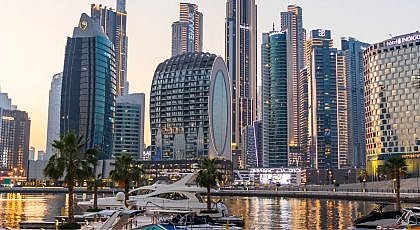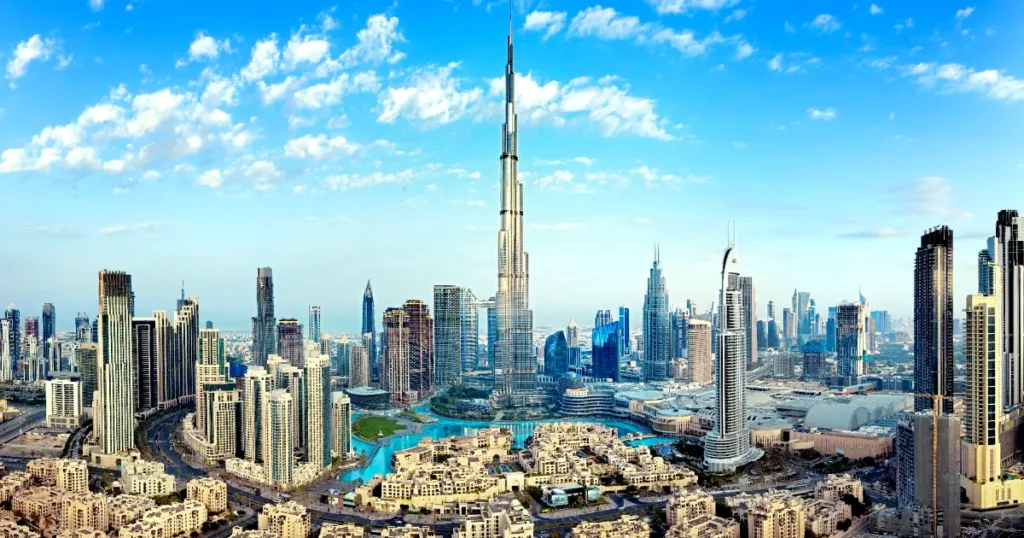
Dubai’s real estate market has always been synonymous with ambition, innovation, and luxury. But in recent years, one particular segment—off-plan properties—has captured the imagination of global investors. Off-plan developments, or properties sold before construction is completed, are now at the forefront of investment discussions from London to Singapore.
The appeal lies in a combination of factors: flexible payment plans, lucrative capital appreciation, and Dubai’s ever-growing reputation as a global business and lifestyle hub. For many investors, Dubai’s off-plan market represents not just a property purchase, but an entry point into one of the fastest-growing real estate ecosystems in the world.
Investors today are driven by opportunities that offer high growth potential with controlled risks. Dubai’s off-plan market checks both boxes through:
These factors create an environment where investors feel confident in placing long-term bets, particularly in premium zones such as Dubai Marina, Business Bay, Palm Jumeirah, and Jumeirah Village Circle.
Dubai’s off-plan market is no longer dominated by local or regional buyers. Instead, it has become a truly international investment destination. Today’s buyers come from across the globe—Europe, the UK, India, China, Russia, and Africa.
For European investors, Dubai offers a hedge against inflation and economic volatility. For Asian buyers, it provides a stable and globally recognized investment opportunity. Meanwhile, investors from Africa and the Middle East see Dubai as a regional safe haven with unmatched lifestyle appeal and business opportunities.
This mix of global investors has led to increased diversity in the market, driving demand for both luxury and affordable off-plan developments.
One of the strongest motivators for off-plan investment in Dubai is capital appreciation. When investors buy early in a project’s life cycle, they often secure units at prices significantly lower than market value at completion.
For example, a property purchased off-plan in a developing neighborhood may increase in value by 20–40% by the time construction is complete. As Dubai continues to expand its infrastructure—new roads, metro lines, and waterfront projects—the potential for appreciation multiplies.
Developers are strategically launching new projects in areas poised for growth, such as Dubai South, Arjan, and Meydan, where future city planning and major commercial developments are expected to drive up prices even further.

Another key appeal of Dubai’s off-plan market is developer-backed payment plans. These plans make it easier for international buyers to invest without taking on heavy financial burdens upfront.
Typical off-plan payment structures include:
This model allows investors to diversify across multiple properties, reducing risk while potentially multiplying returns. It also democratizes investment, allowing younger or first-time buyers to participate in Dubai’s booming real estate market.
The Dubai 2040 Urban Master Plan is a blueprint for the city’s next two decades of growth. It focuses on sustainability, quality of life, and diversified economic opportunities—all of which influence real estate demand.
Key elements include:
For off-plan investors, these initiatives translate into long-term appreciation potential and strong end-user demand. As new communities develop under the 2040 plan, investors who buy early in emerging districts could see exponential returns.
While opportunities are abundant, due diligence remains crucial. Investors increasingly prioritize developer reputation and project track record when selecting off-plan properties.
Renowned developers such as Emaar, DAMAC, Nakheel, and Sobha Realty have established global credibility, ensuring timely delivery and high-quality standards. Many international investors prefer buying from these trusted names to minimize risks and secure higher resale value.
On the other hand, emerging developers attract buyers through creative payment plans and unique designs. These firms often cater to niche markets—offering affordable luxury or themed lifestyle projects—that further expand Dubai’s property diversity.
Dubai’s new wave of off-plan developments reflects a strong focus on sustainability and smart living. Investors are drawn to projects featuring eco-friendly materials, energy-efficient systems, and smart home technologies.
This aligns with global trends where sustainability and technology integration directly influence property value and buyer appeal. Off-plan developments such as smart villas, AI-integrated apartments, and community-focused neighborhoods are reshaping Dubai’s urban identity.
For investors, this means access to properties that not only promise strong financial returns but also appeal to the growing eco-conscious and tech-driven buyer demographic.
Dubai’s off-plan sector stands out when compared with other major global cities like London, Singapore, or New York. Here’s why:
In short, Dubai’s off-plan market offers an unbeatable blend of affordability, profitability, and lifestyle—making it one of the world’s most attractive investment destinations.
Despite its potential, off-plan investment is not without risks. Delays in delivery, market fluctuations, or developer insolvency can affect returns. However, Dubai’s strong regulatory framework and the presence of the Dubai Land Department (DLD) have significantly reduced these risks in recent years.
Investors can mitigate risk by:
With informed decision-making, most investors find that the benefits of Dubai’s off-plan properties far outweigh the potential challenges.

Dubai’s off-plan market shows no signs of slowing down. As international demand surges and developers race to launch new projects, the next few years are expected to bring record-breaking transactions and price growth.
Emerging neighborhoods such as Dubai Creek Harbour, Jumeirah Village Circle, and Dubai Hills Estate are predicted to be top performers. Additionally, continued infrastructure expansion—including new metro lines, the Dubai Harbour project, and major tourism developments—will sustain long-term growth.
As Dubai cements its status as a global hub for trade, innovation, and luxury living, the city’s real estate market remains a magnet for investors seeking both financial rewards and lifestyle value.
With global economic uncertainty, investors are increasingly drawn to markets offering stability, transparency, and long-term returns. Dubai’s off-plan market delivers all three, backed by strong government policy, a booming economy, and a resilient property sector.
For global investors looking to diversify their portfolios, Dubai represents a rare opportunity—a dynamic city where innovation meets investment potential. Those who enter the market now are positioning themselves at the forefront of a new era in real estate prosperity.
Do Follow Estate Magazine on Instagram
